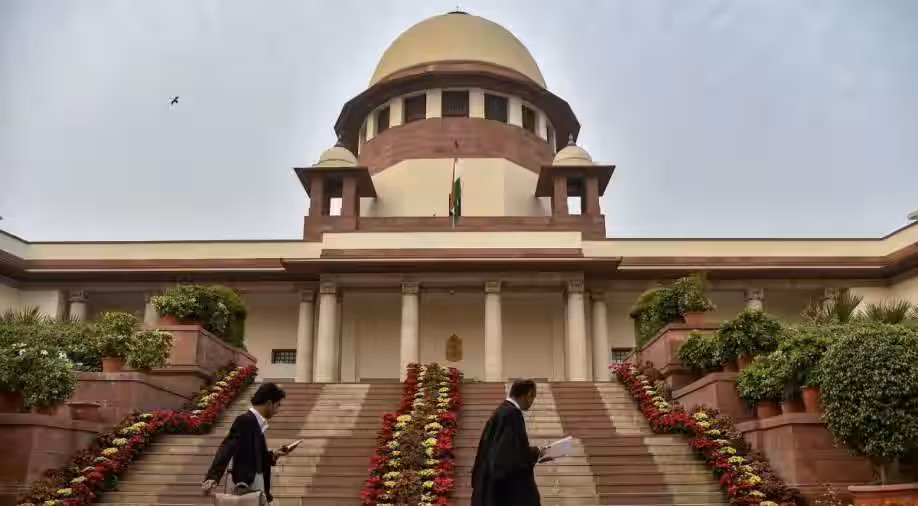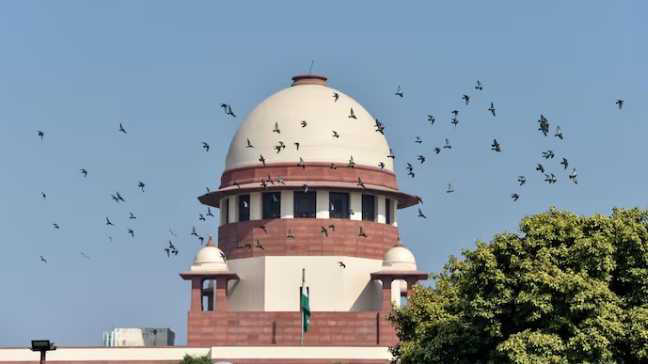The Supreme Court of India has strongly reprimanded the Defence Colony Welfare Association (DCWA) for illegally occupying a 600-year-old Muslim tomb and converting it into an office. The tomb, belonging to Shaikh Ali, a Muslim aristocrat, was altered and misused by the association, despite its historical and cultural significance.
 In its scathing remarks, the court accused the DCWA of treating the tomb like their “little fiefdom,” running operations from an air-conditioned office without paying any rent. The judges reportedly asked, “How dare you?” in reference to the illegal occupation of the protected monument.
In its scathing remarks, the court accused the DCWA of treating the tomb like their “little fiefdom,” running operations from an air-conditioned office without paying any rent. The judges reportedly asked, “How dare you?” in reference to the illegal occupation of the protected monument.
A report submitted by the Central Bureau of Investigation (CBI) revealed the extent of the alterations made to the tomb. The colony association had bricked up the original stone structure, repainted the walls, and carried out extensive renovations without legal permission. They installed electricity, plumbing, a modern lavatory block, false ceilings, air-conditioning, and even fitted aluminium doors and tiling on the floor.
The association argued that it had been using the tomb since 1990 to address municipal issues affecting local residents. However, the court rejected this defense, calling it a “foolish” justification for their illegal actions.
The Supreme Court did not limit its criticism to the DCWA. It also reprimanded the Archaeological Survey of India (ASI) for its failure to prevent the desecration of the monument. The ASI had earlier claimed that alterations to a monument render it ineligible for protection, stating that its mandate is to preserve structures in their original form.
However, the CBI’s inquiry report pointed out that the ASI’s stance was flawed, as there is no provision allowing for such alterations to monuments under its care. Experts have called this case a clear example of “land grabbing,” where private individuals illegally occupy public or historic properties for personal use.
Swapna Liddle, a historian, commented that this incident reflects a broader sense of entitlement, with some individuals even going as far as to live inside ancient tombs, disregarding their historical value.
The court’s strong stance and the CBI’s findings are expected to prompt further investigations into the illegal occupation and the role of the ASI in permitting the alterations.




